A Transformative Journey through the Diploma in Diplomacy and World Affairs
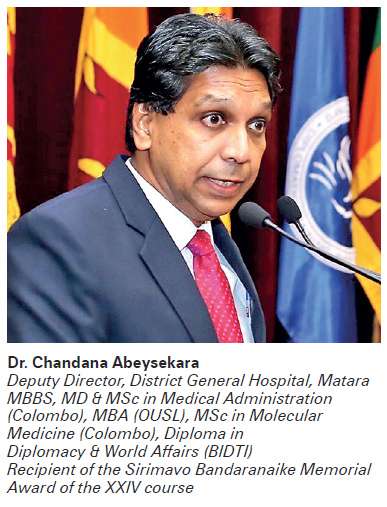 The Diploma in Diplomacy and World Affairs has been a transformative experience for me. My journey at BIDTI began while I was pursuing my MD in medical administration. A colleague introduced me to the course, and without hesitation, I enrolled in the next intake. Diplomacy and politics have always been my passions, and this course seemed like a perfect opportunity to delve deeper into these fields. Admittedly, my first day was daunting. When the lady next to me asked about my profession and I replied that I am a doctor, her response of "That's interesting" left me questioning if I was in the right place, especially coming to know that I am the only doctor amid professionals from other fields, such as legal, administrative, and tri forces.
The Diploma in Diplomacy and World Affairs has been a transformative experience for me. My journey at BIDTI began while I was pursuing my MD in medical administration. A colleague introduced me to the course, and without hesitation, I enrolled in the next intake. Diplomacy and politics have always been my passions, and this course seemed like a perfect opportunity to delve deeper into these fields. Admittedly, my first day was daunting. When the lady next to me asked about my profession and I replied that I am a doctor, her response of "That's interesting" left me questioning if I was in the right place, especially coming to know that I am the only doctor amid professionals from other fields, such as legal, administrative, and tri forces.
However, my doubts quickly dissipated as the course progressed, thanks to the participation of eminent personalities in the diplomatic arena and other disciplines as resource personnel. The topics covered were incredibly relevant to my field of medical administration. The comprehensive curriculum covered a wide range of topics essential for understanding the complexities of global interactions. From the various types of diplomacy, including climate diplomacy, science diplomacy, and economic diplomacy, to global health diplomacy, each module equipped us with the knowledge to navigate and contribute to international affairs effectively. We delved into the history, international and domestic law, and the rights of vulnerable categories, which has broadened our perspectives on global justice and human rights.
The module on international and regional organizations provided me with in-depth knowledge about entities like the WHO, World Bank, and ADB, with which we, as medical administrators, work closely. This understanding is invaluable as our healthcare systems often rely on the technical and financial support of these organizations. The course also addressed the critical intersection of sustainable development, climate change, and health. This knowledge is particularly relevant in today's world where environmental factors significantly impact public health outcomes. We also had the opportunity to gain insights into the specific health issues facing Sri Lanka, which will undoubtedly inform our practices and policies moving forward.
Beyond the lectures, the practical exposure we received was instrumental in honing our skills. We enhanced our presentation and negotiating skills, learned the etiquette of hosting receptions, luncheons, and dinners, and prepared ourselves for media interviews and one-on-one interactions. These skills are crucial for effective communication and leadership in our professional roles. Learning at BIDTI during the COVID-19 pandemic was a novel experience. The shift from compulsory physical attendance to virtual learning was a testament to BIDTI's adaptability and commitment to ensuring the continuity of education.
This flexibility allowed individuals like me, with significant job commitments, to complete the course successfully. As a medical administrator, the benefits of this course have been immense. It has changed my perspective on problem-solving and significantly improved my negotiating skills, which I now use daily. The knowledge gained about international organizations is particularly valuable, given that our health system depends on support from many international bodies. Finally, I would like to extend my heartfelt thanks to the faculty and staff of BIDTI headed by the eminent Director General for their dedication and hard work in making this course a success. I am confident that they would uphold the same standard of diplomatic education in the future as well. This course offers a unique opportunity for a learning experience for anyone passionate about diplomacy and world affairs like me.


































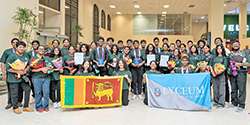
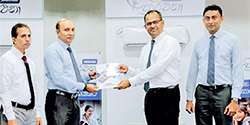
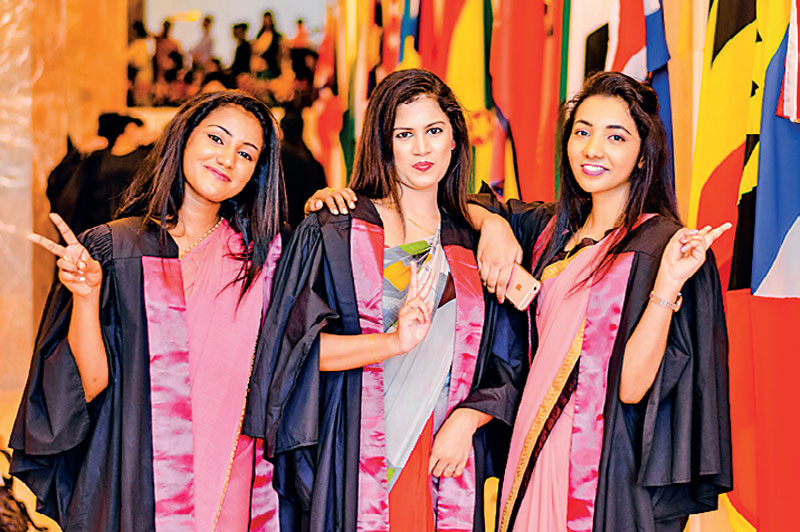

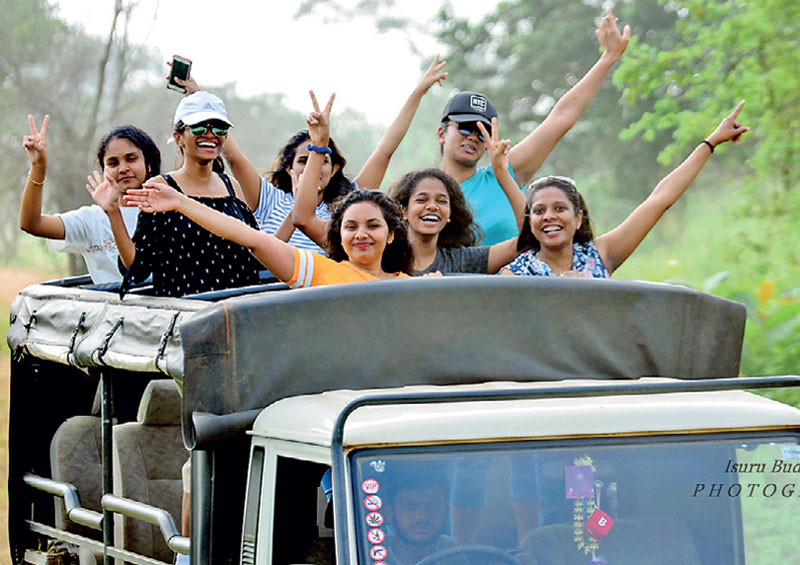
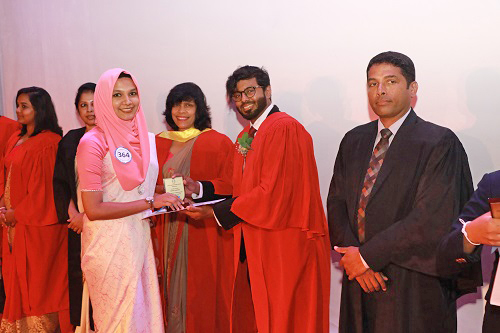
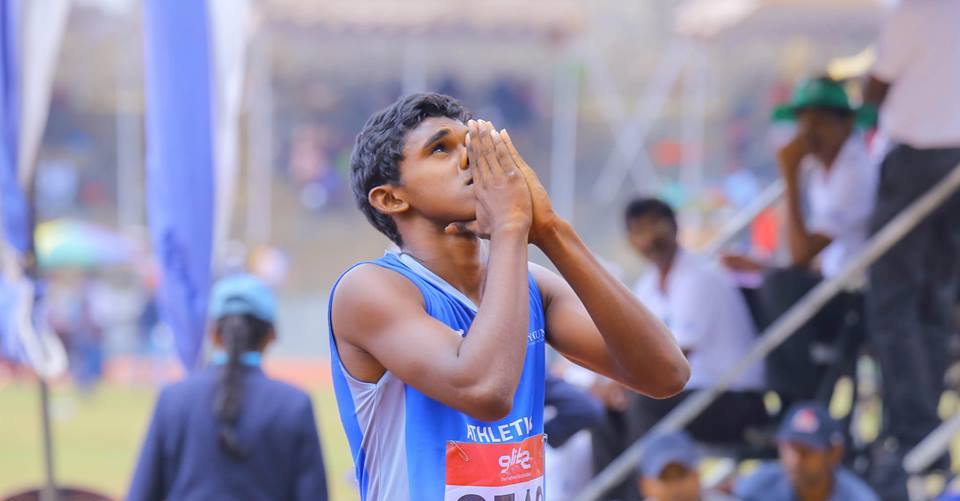
.jpg)
.jpg)
.jpg)
.jpg)

.jpg)
